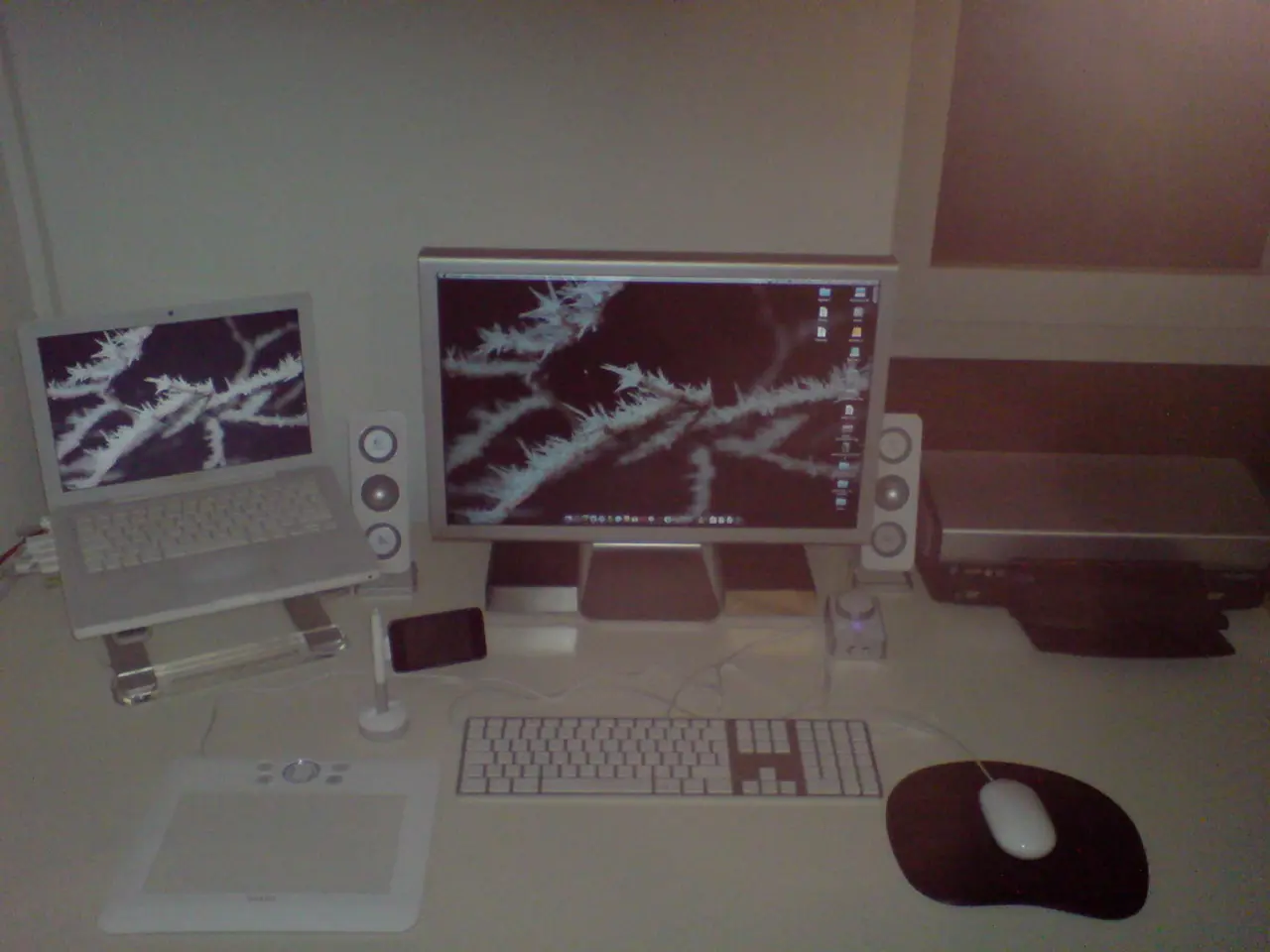Introducing Wayback 0.1: A Preliminary Wayland Server for X11 Devotees
In an exciting development for the Linux community, Wayback, a new Wayland display server, has been released as a preliminary alpha-quality software. This new server aims to provide an X11 compatibility layer, allowing full X11-only desktop environments to run on top of Wayland.
What is Wayback?
Wayback is essentially an X11 server built on Wayland using technologies like wlroots and Xwayland. Its primary goal is to serve as a drop-in replacement for the legacy Xorg X11 server, simplifying maintenance for Linux distributions by reducing their reliance on the old X.org stack.
Current Status and Features
Wayback 0.1 is still considered alpha-quality, meaning it is experimental and missing many features. However, some users with simple requirements already use it daily despite bugs and missing functionality. Notably, Wayback lacks support for multi-monitor setups, DPMS (Display Power Management Signaling), and mouse-locking features. Many X.org options are still stubs or unimplemented.
Despite these limitations, the project has been modularized to mimic the X.org structure, facilitating easier packaging and development. It has been adopted and packaged by several Linux distributions and officially joined FreeDesktop.org, indicating community interest and support.
How Wayback Works with Xwayland and X11-based Window Managers
Wayback integrates Xwayland, which itself is an X server that runs as a Wayland client to enable X11 applications to run on Wayland. By leveraging Xwayland and wlroots, Wayback provides compatibility for traditional X11-based desktop environments and window managers that do not natively support Wayland.
Simple tests with X11-based window managers like fvwm3 have demonstrated that Wayback can successfully run them, showing an X11 environment with working basic functionality such as application launch and GLX (OpenGL Extension to the X Window System) support for graphics. While not explicitly documented, the implication is that Wayback should be capable of running other traditional X11-based window managers and desktop environments like Window Maker, IceWM, and CDE by providing this compatibility layer. However, full support or smooth operation for these environments is still to be confirmed as many X11 features are incomplete.
Summary
In summary, Wayback 0.1 is an early but promising project enabling legacy X11 desktops to run on Wayland by acting as an X11 server backend using Xwayland. It is functional for simple scenarios and basic X11 window managers but is still alpha-level with many features missing. Over time, it aims to replace Xorg fully and improve support for traditional X11 environments such as Window Maker, IceWM, and CDE.
For users looking to transition from X11 to Wayland, Wayback offers an exciting opportunity to keep their current X11-based environment while running it without needing a whole X11 server underneath. However, it's essential to note that Wayback is still in its early stages and may contain bugs, so it's recommended for users with simple requirements to give it a try.
| Aspect | Details | |--------------------------|-----------------------------------------------------------| | Release Status | Wayback 0.1, alpha-quality, preliminary release | | Core Functionality | X11 compatibility layer running X11 desktop on Wayland | | Key Technologies | wlroots, Xwayland | | Missing Features | Multi-monitor support, DPMS, mouse locking, partial X.org stub features | | Use Case | Run legacy X11 desktops/window managers on Wayland | | X11 WM Support | Basic support demonstrated (e.g., fvwm3); others like Window Maker, IceWM, CDE expected but unconfirmed in alpha | | Community Status | Packaged by distributions, part of FreeDesktop.org | | Stability | Usable by users with simple requirements, expect bugs |
- The new AI software, Wayback, is an X11 server built on Wayland using data-and-cloud-computing technologies like wlroots and Xwayland.
- Wayback, in its current alpha stage, primarily aims to simplify technology maintenance for Linux distributions by providing an X11 compatibility layer, enabling the running of full X11-only desktop environments on Wayland.




